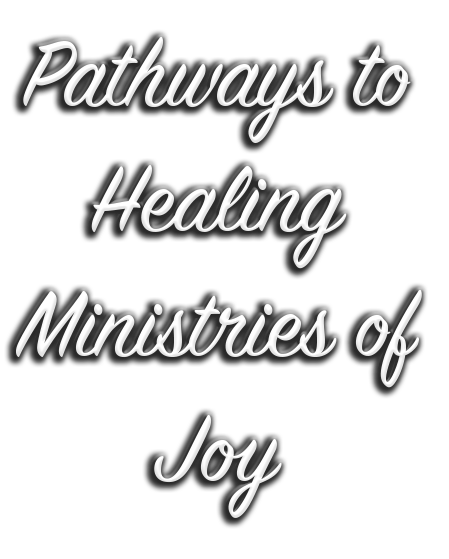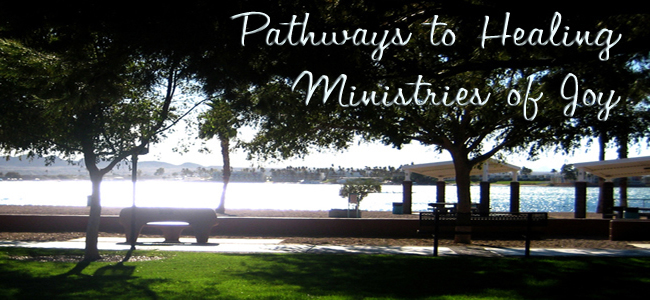A young man recently pointed out to me why he doesn’t attend church. His idea of the church was that it exists “for people who don’t have it together.” Another piece of his belief was, “If you have it together church isn’t needed.”
So I asked him, “Does that mean we are able to determine who among us ‘has it together’ and who does not.” At the end of our discussion we agreed that if we need to load our systems with alcohol or other anesthetizing substances in order to manage the stressors of daily life, there is something missing.
Words of Augustine of Hippo written in 397 A.D. prompt understanding, “Because You have made us for Yourself and our hearts are restless till they find their rest in Thee.”
It is wonderful to experience the goodness of God. Attending church services and study groups is where faith is explored. Individuals enjoy camaraderie while discovering Biblical truths.
Jesus’ message is one of loving the Lord our God, with all our heart, our mind and our strength—and our neighbors as ourselves. He assured us that “the law and the prophets hang on these two commandments.” Without a doubt, it is easier to live out these two commandments while being in communion with others who are on the same quest.
Church attendance powerfully affects lives through promoting an understanding of how to encounter God. We find we can talk with Him—and hear His message to us. Besides coming to know how very loved we are by God, attending church promotes a feeling of identity and harmony, as we share our lives with others.
The question of who “has it together in life,” or, who is successfully living out those two grand commandments of God, can never be fairly determined. Yet, the conversation with the young man found me wanting to answer the question, “Why go to church?”
Actually, there are countless blessings. Harold G. Koenig’s The Link between Religion and Health. It contained numerous gold-standard research studies conducted by various examiners reporting on what they call “the faith factor.” Their studies revealed a link between having the best of health and the practice of attending church services frequently. Once the research was compiled, it became clear that twenty-one well-documented benefits are proven to be gained by people who maintain devout spiritual beliefs and attend church. These include: social support, less loneliness; less anxiety; less depression; less negativity in speech and thoughts; healthier behaviors; better health; less need for alcoholism, recreational drugs; less sex outside of marriage; fewer suicides; better coping skills; greater generosity (with time and money); increased hope and optimism; better resilience while experiencing difficulties, and far less fear of death.
It is clear to me that far fewer people have self-esteem issues when attending church frequently. At church we are surrounded with strong, courageous individuals who are making a difference in our community and in our world. Learning to trust and follow the promptings of one’s heart brings accomplishments and great joy.
Church attendance brings more meaning to life. While building spiritual endurance, it brings hope for eternal life. In humility, we admit our need for others. (Otherwise, we could stay home and stream sermons.) For sure, we are most able to stand strong and faithful within the experience of sharing the journey with others—particularly those who know to call on the Lord for help during difficult times.
I learned early in life that prayer and worship greatly fortifies the soul. It gave me empowerment to get through difficulties of life and even to transcend them. We need each other, as believers, to reach that transcendence, especially when push comes to shove. Life surely does have a way of “bringing it on” . . . like when a pandemic overshadows plans, jangles our lives, and threatens our sense of Shakespeare’s, “all’s well in the world.”
Having a devotion to God sees us choosing friends who support and encourage us toward our goals of living what Jesus referred to as “the way.”
Come Sunday, church goers want to be right there on those benches called “pews.” It’s “in the pews” where we get the good news.
More likely than not, we leave with a strong sense of “all’s right with my soul.”
Joy Le Page Smith is a Board certified clinical chaplain, mental health counselor and author of four books. Comment below, if you wish.


Leave A Comment